Rudolf Heß
出生 : 1894-04-25, Alexandria, Egypt
死亡 : 1987-08-17

Self - Politician (archive footage)
In 1945, two young American soldiers, brothers Budd and Stuart Schulberg, are commissioned to collect filmed and recorded evidence of the horrors committed by the infamous Third Reich in order to prove Nazi war crimes during the Nuremberg trials (1945-46). The story of the making of Nuremberg: Its Lesson for Today, a paramount historic documentary, released in 1948.
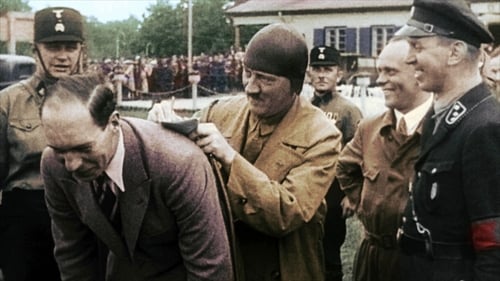
Self (archive footage)
How Germany was when its people entered the nightmare of World War II? Despair and fear lead a hungry population to follow the chilling call of just one man to world domination. A real-life horror story, an ominous tale of violence and deception, which takes place from 1919 to 1934. (Entirely made up of restored, colorized archival footage.)
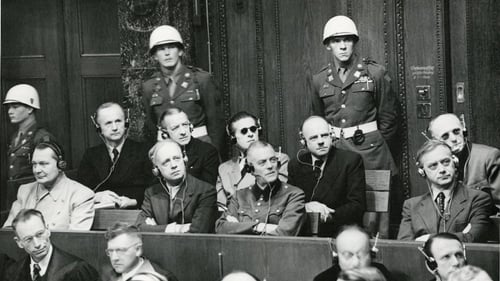
Himself
The documentary of the Nuremberg War Trials of 21 Nazi dignitaries held after World War II.

Self (archive footage)
In September 2001, respected German historian Lothar Machtan dropped a bombshell on the world of Hitler studies: Hitler was secretly homosexual. His highly acclaimed and explosive book "The Hidden Hitler" ignited a storm of controversy. With information from the bestselling book, award-winning filmmakers Fenton Bailey, Randy Barbato and Gabriel Rotello explore areas of the Führer's private life.

Himself (archive footage)

A documentary looking at the life and career of film director Frank Capra. Hosted by Ron Howard.

Self (archive footage) (uncredited)
An expose of the beliefs, history, and personalities of American White Supremacist groups, including neo-Nazis, fascists, the Ku Klux Klan, and the Aryan Nation. Footage includes interviews, as well as the supremacist's own promotional material. Subject discussed include the loss of America to the "colored" races, the imminent racial bloodbath, interracial breeding, prejudice, the Holocaust, Jesus, Christianity, Jews, the Bible, and illegal immigrants who enter the country with nuclear bombs strapped to their backs.

Self (archive footage)
The mass murder of Jewish people by the Nazi regime is chronicled, with a warning that anti-Semitism is on the rise and the events of the Holocaust could happen again. The history of European Jewish culture and events before and during the Holocaust are seen in newsreels, photographs, and animated segments. The words of the victims of the era are read, and footage from the liberation os a concentration camp is shown.

Self (archive footage) (uncredited)
Documents the major trial of the Nazi war criminals and the violent acts that they were accused of.

Self (archive footage)
The film begins with the First World War and ends in 1945. Without exception, recordings from this period were used, which came from weekly news reports from different countries. Previously unpublished scenes about the private life of Adolf Hitler and Eva Braun were also shown for the first time. The film was originally built into a frame story. The Off Commentary begins with the words: "This film [...] is a document of delusion that on the way to power tore an entire people and a whole world into disaster. This film portrays the suffering of a generation that only ended five to twelve. " The film premiered in Cologne on November 20, 1953, but was immediately banned by Federal Interior Minister Gerhard Schröder in agreement with the interior ministers of the federal states of the Federal Republic of Germany.
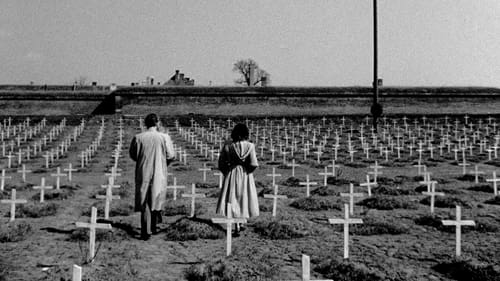
Self - Politician (archive footage)
Prague, during World War II. Hana Kaufmann, a Jewish ophthalmologist, marries Dr. Antonín Bureš, a Christian man. When her family is sent to the Theresienstadt concentration camp, their romance turns into a struggle for survival.
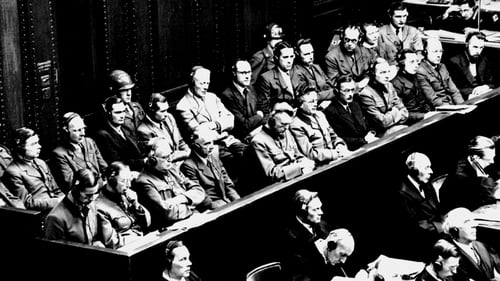
Self
How, in November 1945, after the end of the World War II and the fall of the Third Reich, the international prosecutors participating in the first Nuremberg trial —formally, the International Military Tribunal— built their case against the top Nazi war criminals using the films and records produced by the own regime, obsessed with documenting everything in its long path of infamy and crime.

Self
During the colorful ceremonies of the Nuremberg rallies, Hitler Youth parade before their Fuehrer and are addressed by Nazi youth leader Baldur von Schirach, Rudolf Hess, and Hitler himself.

Self (uncredited)
The First part of Olympia, a documentary about the 1936 Olympic games in Berlin by German Director Leni Riefenstahl. The film played in theaters in 1938 and again in 1952 after the fall of the Nazi Regime.
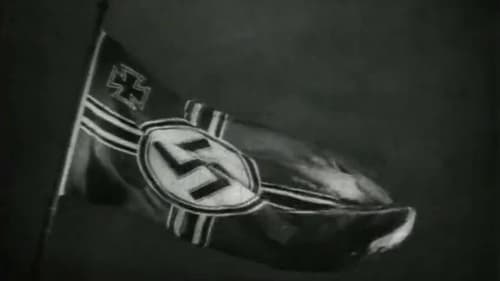
Self
Filming of the performance show the Deutsche Wehrmacht (German Army) made during the Reichsparteitag of the NSDAP in Nurnberg 1935. Showing the readiness and the will of the newly build army. The third documentary directed by Leni Riefenstahl.
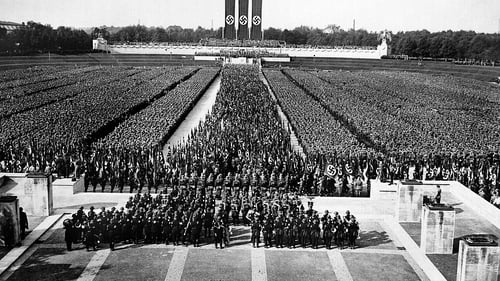
Self
Filmmaker Leni Riefenstahl's controversial masterwork is an artful work of propaganda showcasing German chancellor and Nazi Party leader Adolf Hitler at the 1934 Nuremberg Rally. Edited from over 60 hours' worth of raw footage shot over the course of the rally's four days, the film is visually remarkable in the way it captures the event's enormous scale.
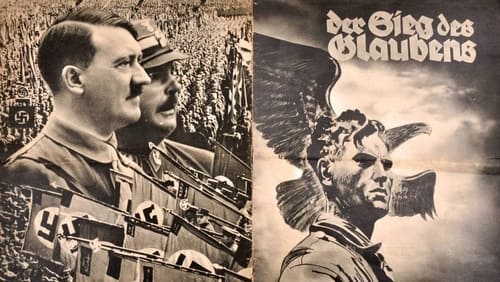
Self
The earliest Nazi propaganda film by Leni Riefenstahl, best known for her follow-up Triumph of the Will. Victory follows the Fifth Nazi Party Rally (Nuremberg, 30 August–3 September 1933) and shows the then close relationship between Adolf Hitler and Ernest Rõhm. Ten months later, on 1 July 1934, during the Night of the Long Knives, Hitler had Rõhm shot, which not only had the Sturmabteilung threat eliminated but also concreted Hitler's supremacy. Because Hitler sought to erase Rõhm from German history, he ordered all known copies of the film destroyed but one resurfaced in 1980s East Germany.













